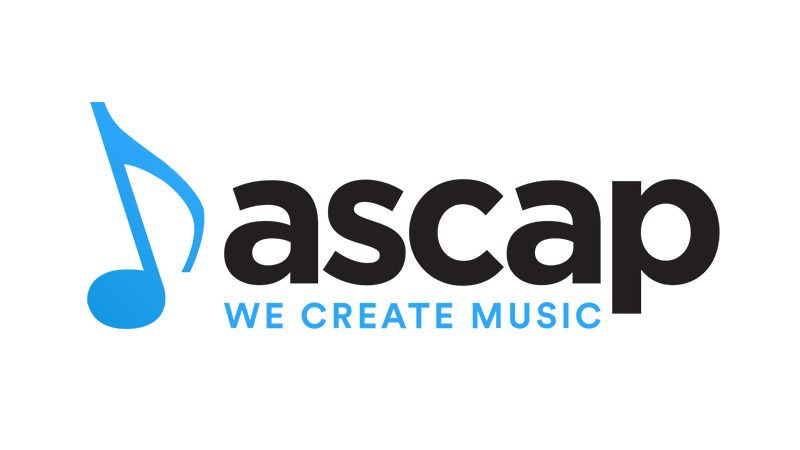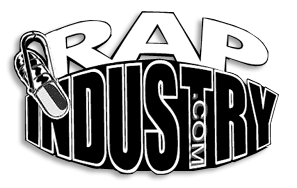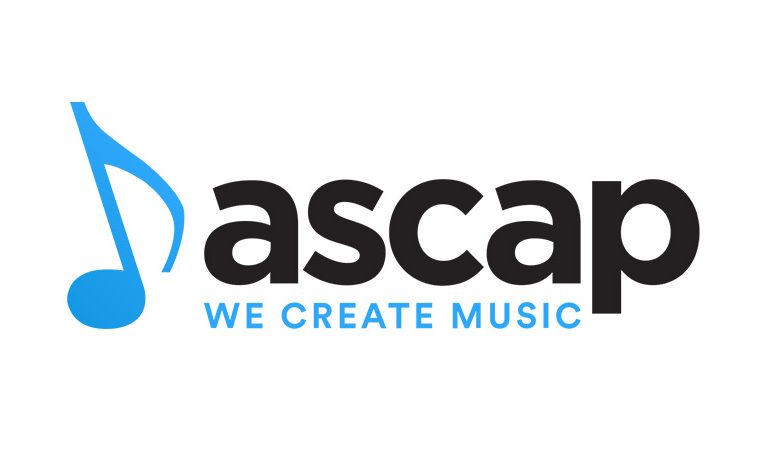
ASCAP Submits Reply Comments to US Copyright Office Notice of Inquiry, Calling on Music Users to Embrace Innovation, Not Regulation.
On May 27, ASCAP submitted formal reply comments in response to the US Copyright Office’s February Notice of Inquiry (NOI) seeking public input on the performing rights licensing system. Building on ASCAP’s initial submission, our reply comments reiterate ASCAP’s pro-competitive and transparent approach, benefiting over one million members who rely on a strong, vibrant PRO system to make a living.
Today, US PROs license tens of millions of works and process trillions of performances annually, efficiently and transparently. Songwriters, publishers and the PROs that represent them have nimbly and consistently evolved, managing an ever-expanding repertory of music, and ASCAP’s comments reflect that it is simply time for music users to do the same.
ASCAP’s submission centers around four key themes:
- The PRO market is healthy and competitive, giving music users more programming choices than ever before. PROs’ repertories include tens of millions of works and grow every year, giving music users choice and flexibility when selecting licensing solutions. Collective licensing benefits both music creators and users, and multiple PROs afford songwriters and composers the freedom to choose their representation based on what matters most to them.
- Calls for a government-run centralized music database are unwarranted. In addition to maintaining our own publicly-available, free and searchable database with information on all member works, ASCAP worked with BMI to create SongView, an industry-leading solution that offers music users an authoritative view of copyright ownership and administration shares for 90% of music licensed in the US. Asking the government to duplicate this effort would be inefficient, difficult and expensive and ignores the complexities of maintaining an ever-expanding repertory and database system.
- PROs ensure songwriters get paid what their music is worth. Given that the products that the PROs make available – their music repertories – have only increased in size, it is natural that the price for access to these repertories would likewise increase, not decrease. The emergence of other unregulated PROs in the marketplace has, for the first time, allowed songwriters and publishers to realize the fair market value of their work in the marketplace.
- How PROs distribute royalties to music creators should remain between the creator and their PRO, and not determined by music users or the government. ASCAP’s distribution rules are set by its members and ASCAP’s distribution processes are refined and improved as the market evolves. In addition, songwriters’ freedom to choose a PRO that provides them with the best distribution benefits is a key driver of innovation and advancement for all.
Make no mistake: This NOI came as a direct result of a lobbying effort by a coalition of music licensees whose primary goal is to pay songwriters less for the use of their music. And efforts like this are not new. For decades, licensees and their lobbyists – including broadcasters, digital service providers and operators of concert venues, hotels, restaurants, breweries and more – have made misleading arguments trying to convince Congress to prioritize their economic interests at the expense of music creators, even when their businesses rely on this music to succeed.
ASCAP will always advocate for transparency, fairness and the rights of music creators in every forum where their voices need to be heard, and values the many members who contribute their individual voices to this process.



